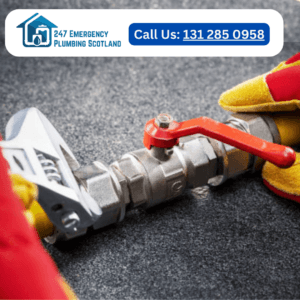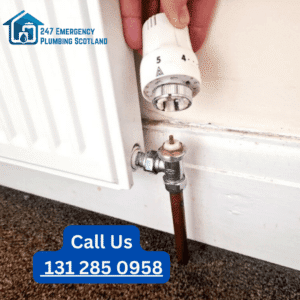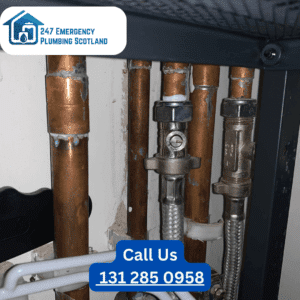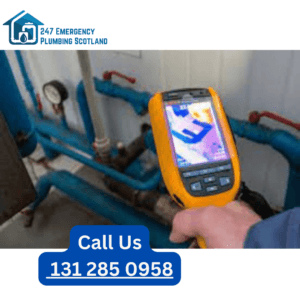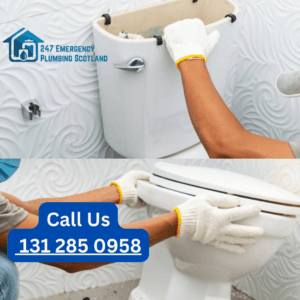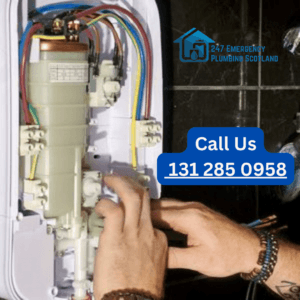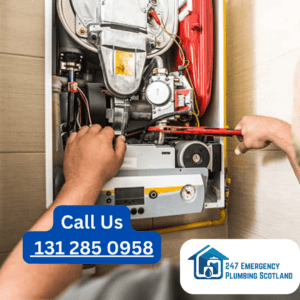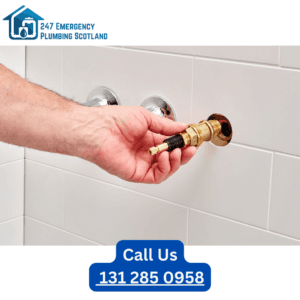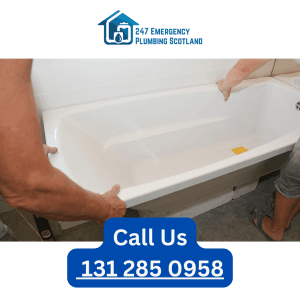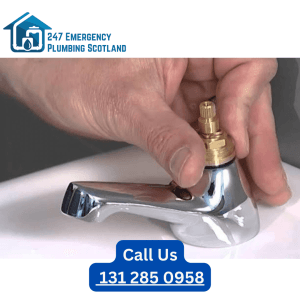Our Prices
Common plumbing problems: How to Handle Them Effectively
plumbing problems can occur when you least expect them. Whether you’re dealing with a leaky faucet, a clogged drain, or more serious issues like burst pipes, understanding common plumbing problems can help you take timely action. In this guide, we will explore the most common plumbing problems, how to identify them, and the best ways to resolve them. From routine maintenance to emergency plumbing services, we’ve got you covered.
1. Clogged Drains
Clogged drains are one of the most common plumbing problems encountered in both residential and commercial properties. A blocked sink or bathtub drain can cause water to back up, leading to unpleasant odors and potential water damage. Regularly cleaning your drains can help prevent blockages, but if you’re dealing with stubborn clogs, it’s essential to call a reliable plumber for professional drainage services.
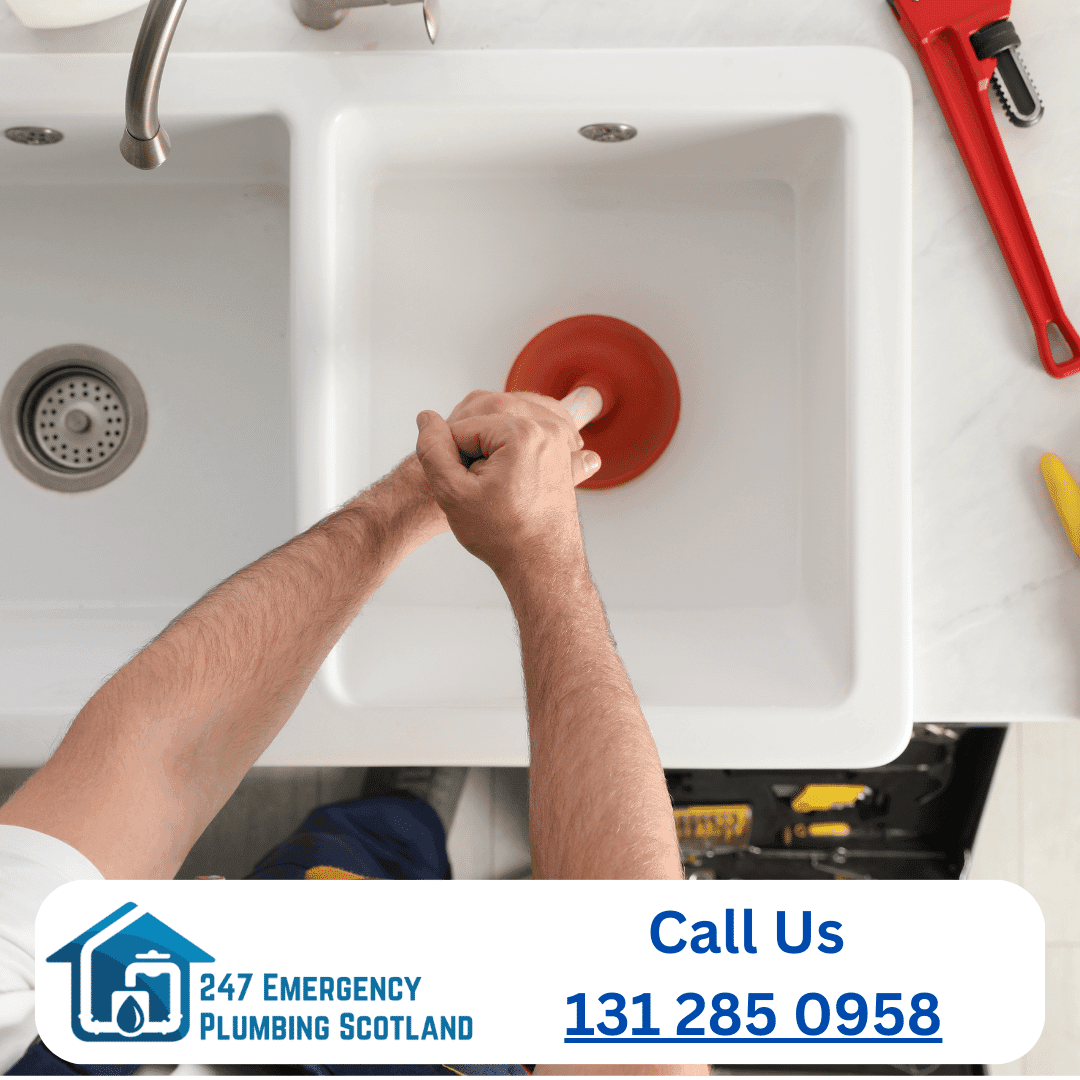
How to Fix Clogged Drains
For minor clogs, you can use a plunger or drain cleaner. However, if the clog persists, it’s best to hire a professional plumber who can clear the blockage safely and effectively. If you’re searching for a plumber, consider looking for reliable plumbers near me to find local experts.
2. Plumbing Leaks
Plumbing leaks are another common issue, ranging from minor drips to significant bursts that cause water damage. Leaks can occur in various areas, including pipes, faucets, and showerheads. Ignoring leaks can lead to higher water bills and long-term damage to your property. It’s essential to address leaks as soon as they are detected.

Identifying Plumbing Leaks
Signs of plumbing leaks include wet spots on walls or ceilings, water stains, increased water bills, or the sound of running water when faucets are off. If you notice any of these signs, it’s time to call a professional plumber immediately. For emergency plumbing services, visit our emergency plumbing services page.
3. Running Toilets
A running toilet is another common plumbing problem that wastes water and increases your utility bills. Typically, this issue is caused by a malfunctioning flapper, which doesn’t close properly, allowing water to constantly flow into the bowl.
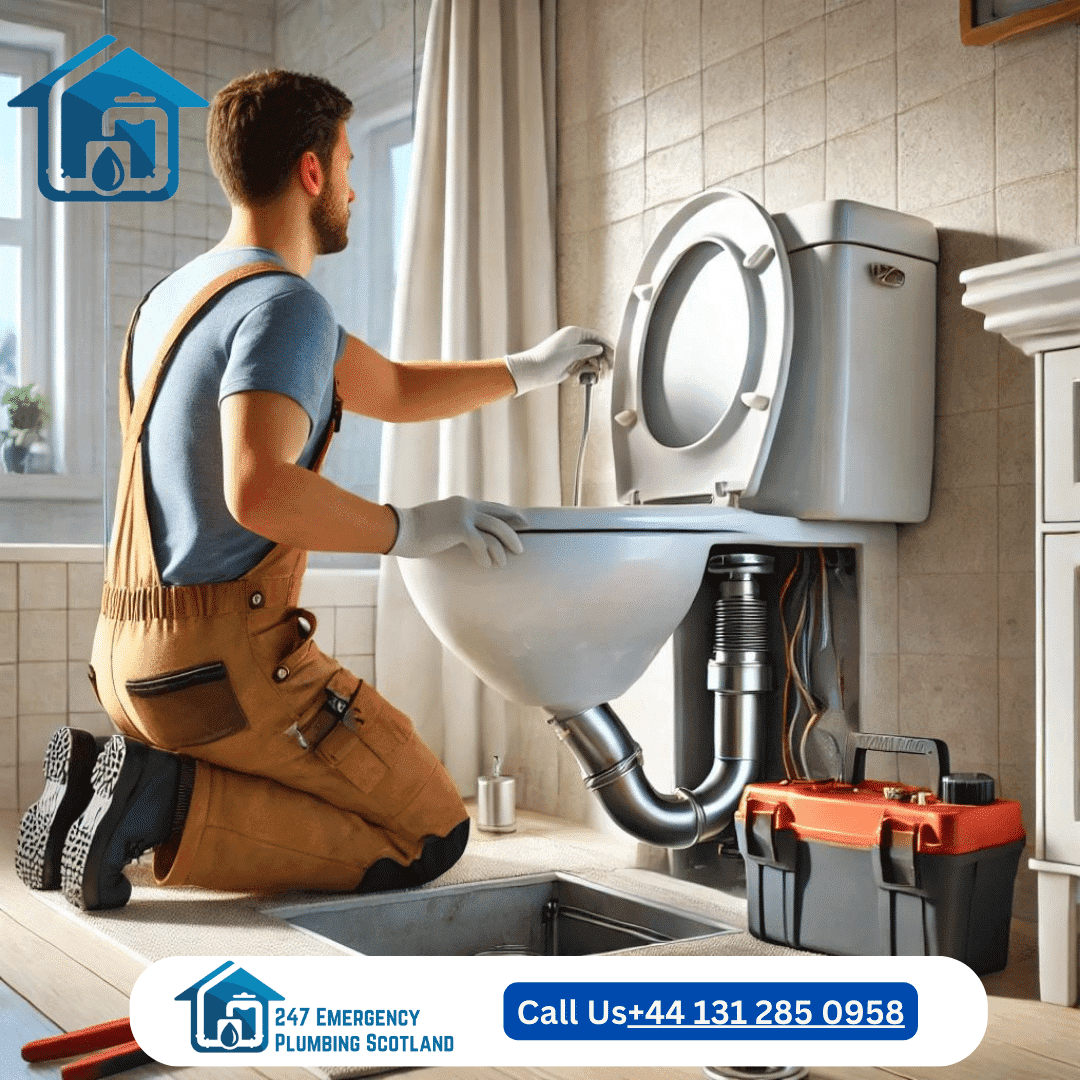
How to Fix a Running Toilet
To fix a running toilet, check the flapper valve and ensure it is sealing properly. If the flapper is damaged, it should be replaced. If you’re unsure how to do this, our residential plumbing services can help.
4. Low Water Pressure
Low water pressure is a plumbing problem that can affect the functionality of faucets, showers, and appliances like dishwashers and washing machines. This issue can be caused by a variety of factors, including mineral buildup, leaks, or problems with the municipal water supply.
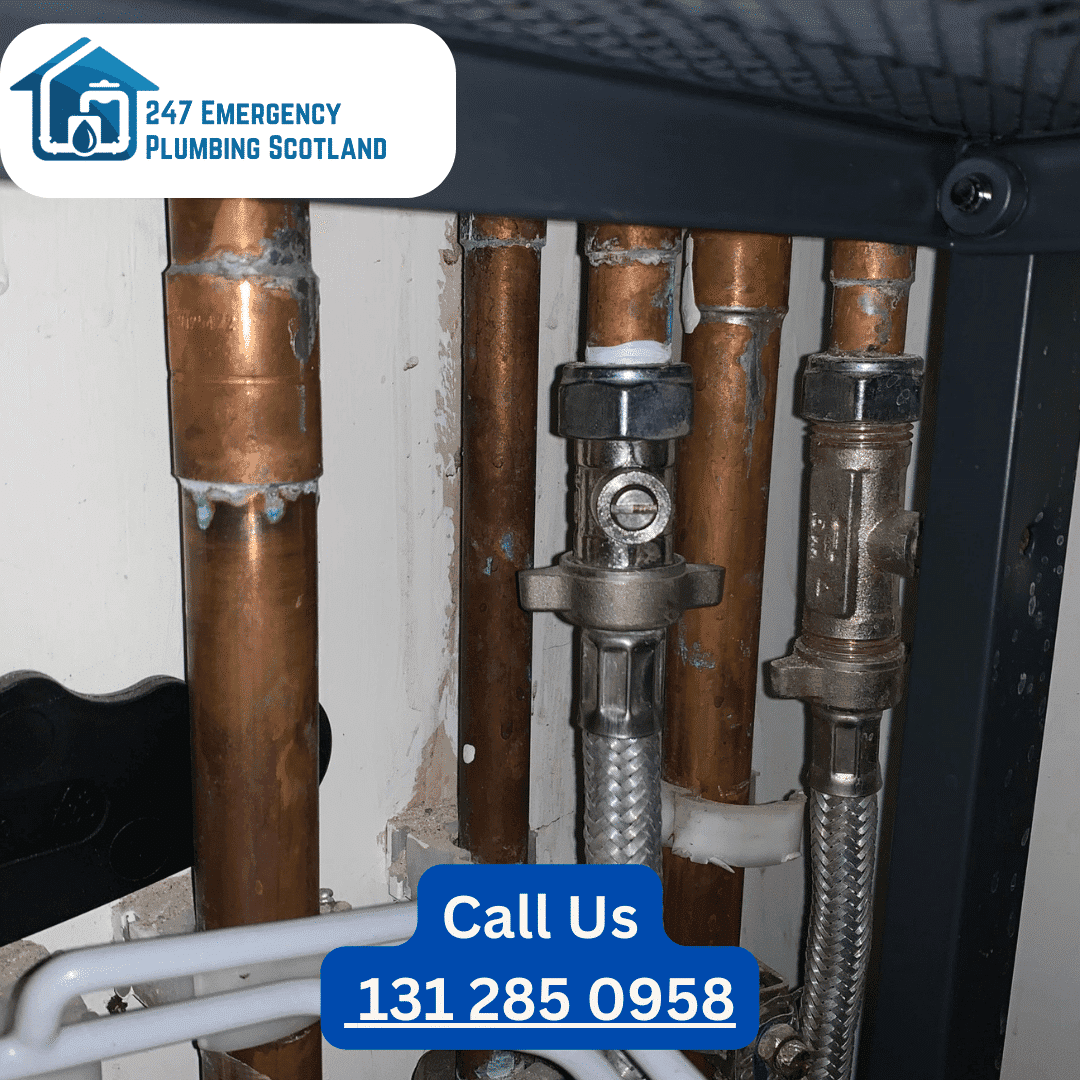
How to Improve Water Pressure
If low water pressure is affecting your home or business, start by cleaning the aerators on your faucets. If that doesn’t work, it may be necessary to inspect the pipes for blockages. For professional help, check out our commercial plumbing services.
5. Burst Pipes
Burst pipes are a serious plumbing issue that can cause significant water damage to your property. Freezing temperatures, excessive water pressure, and corrosion are common causes of burst pipes. It is essential to address burst pipes immediately to prevent flooding and further damage.
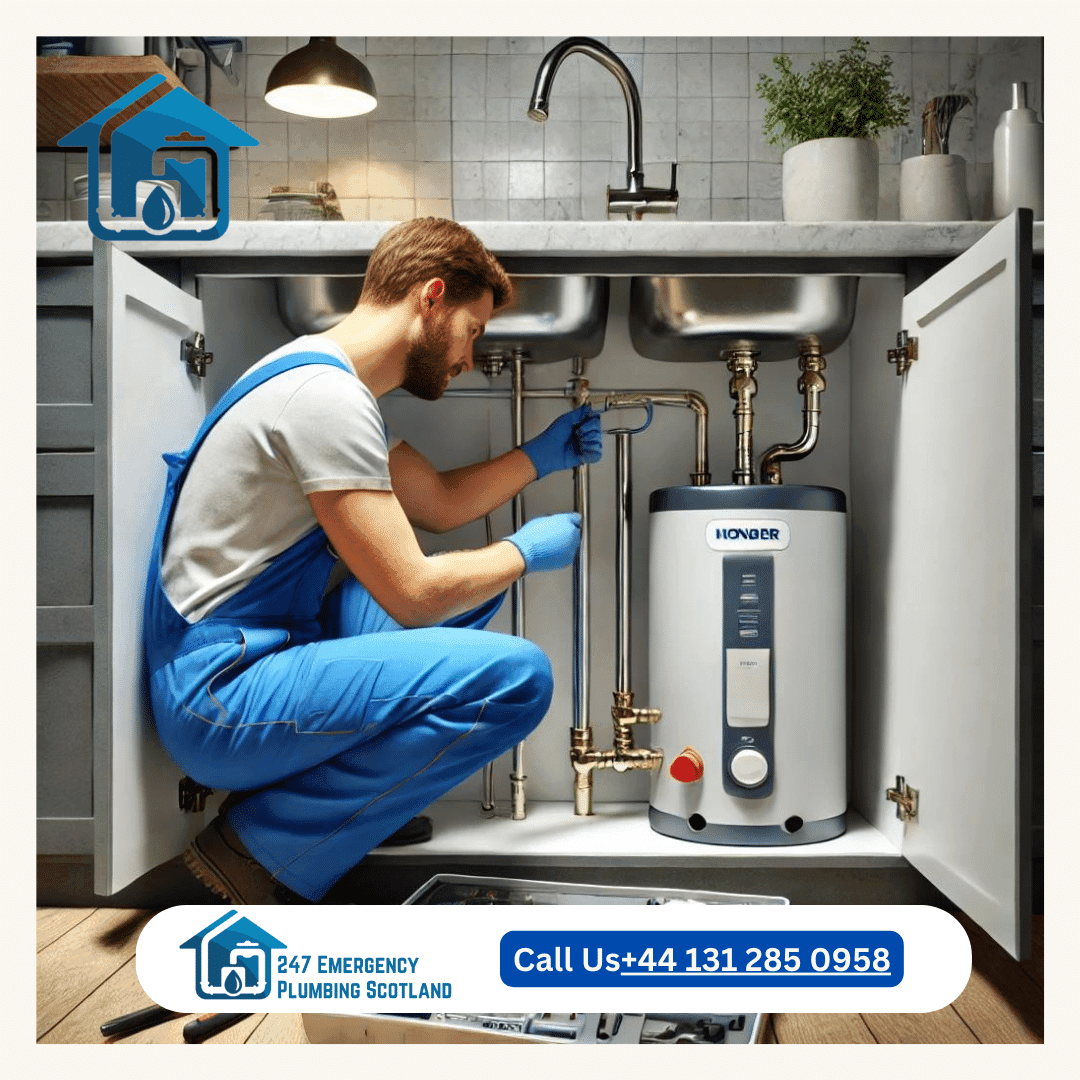
Preventing Burst Pipes
To prevent burst pipes, ensure your pipes are insulated during winter, and regularly check for signs of corrosion. If a pipe does burst, turn off the water supply immediately and call a plumber for repairs. For urgent plumbing issues, visit our emergency plumbing services.
6. Water Heater Issues
Water heater problems can disrupt your daily routine. Issues such as no hot water, strange noises, or leaks can indicate a problem with your water heater. Regular maintenance can help prevent these issues and extend the lifespan of your heater.

How to Fix Water Heater Problems
If your water heater is malfunctioning, check the thermostat setting and examine the tank for leaks. If you’re still having trouble, it’s best to call a professional plumber for diagnosis and repairs. You can find reliable service providers by searching Yell.com for local plumbers.
Conclusion
Plumbing problems can range from minor inconveniences to major disasters. The key to preventing extensive damage is recognizing the signs of common plumbing issues early and calling a professional plumber when necessary. By taking proactive measures such as regular maintenance and timely repairs, you can keep your plumbing systems in top shape and avoid costly repairs down the line.
Frequently Asked Questions (FAQs)
1. What are some signs I have a plumbing leak?
Signs of a plumbing leak include wet spots on floors or walls, water stains, or the sound of running water when taps are off. If you notice these, contact a plumber immediately.
2. How can I prevent clogged drains?
To prevent clogged drains, avoid flushing non-degradable items and use drain screens to catch debris. Regularly clean your drains to keep them clear.
3. How much does it cost to fix a plumbing problems?
The cost of fixing a plumbing problem varies depending on the issue’s complexity. Minor repairs can cost as little as £50, while major repairs like pipe replacements can be more expensive. For an accurate estimate, contact a professional plumber.
4. When should I call an emergency plumber?
If you’re experiencing plumbing issues that cause significant water damage, such as burst pipes or severe leaks, it’s important to call an emergency plumber immediately. You can visit our emergency plumbing services page for more details.


